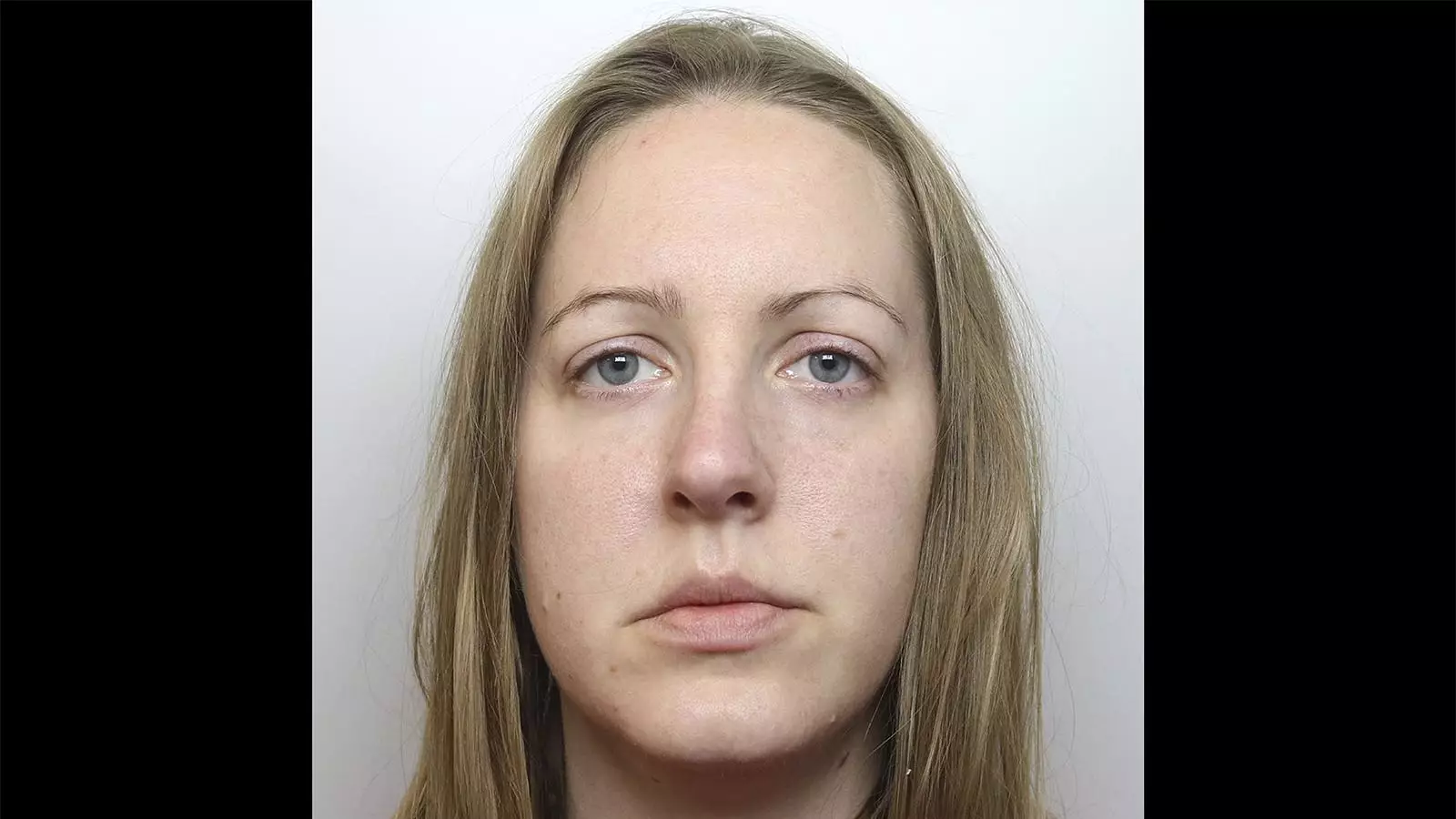In the realm of criminal justice, the balance between conviction and innocence often sways based on the reliability of evidence presented in court, particularly expert testimony. A stark example of this is the case of Lucy Letby, a neonatal nurse convicted for the alleged murder of seven infants and the attempted murder of seven others while employed at the Countess of Chester Hospital in the UK. Following her trial, Letby was handed multiple life sentences without the possibility of parole. However, the recent change in the testimony of a key expert witness raises critical questions regarding the integrity of the convictions.
The prosecution built its case around methods that allegedly left minimal forensic traces, suggesting that Letby injected air into the circulatory systems of infants or poisoned them with insulin. Such claims painted Letby as a “constant malevolent presence” in a vulnerable environment, where the loss of life was particularly heartbreaking. Throughout her trials, Letby maintained her innocence, asserting that she never harmed any child. Nonetheless, the foundation of the prosecution’s case relied heavily on medical expert testimony that is now subject to challenge.
Recently, attorney Mark McDonald, representing Letby, announced plans to appeal the convictions based on new insights from Dewi Evans, MRCP, the primary expert witness for the prosecution. Evans has reportedly altered his original positions on how three specific infants died, which undermines the previously established narrative. According to McDonald, this change renders Evans’s testimony “not credible,” ultimately suggesting that all convictions against Letby are unsafe.
In any criminal proceeding, expert witnesses play a pivotal role in bridging complex scientific knowledge and legal scrutiny. However, the rarity of an expert revising their opinion so substantially after a conviction can have profound implications. Legal professionals and experts recognize that compelling new evidence or significant shifts in expert opinion can, in rare cases, provide grounds for reopening a case, especially when such evidence directly regards the core of the allegations.
In response to the developments, the Crown Prosecution Service (CPS) has stood firmly by its verdicts, emphasizing that two separate juries and three appeal judges have already evaluated extensive evidence against Letby, leading to the dismissal of her initial appeal. A spokesperson for the CPS reiterated this point in a statement, highlighting that the comprehensive assessment of evidence has yielded a consensus on Letby’s guilt.
This situation reflects larger themes in the legal system where expert testimony can sway the fate of an accused individual. The CPS’s confidence in their conviction process is not uncommon, yet it raises ethical and procedural questions regarding the potential pitfalls inherent in expert reliance and the ramifications of new evidence surfacing post-conviction.
Further complicating Letby’s case is an ongoing inquiry scrutinizing the hospital’s failure to identify the alarming pattern of infant deaths. Such probes are crucial as they not only address accountability within institutions but also explore how medical errors and systemic oversights can converge to affect judicial outcomes. A coalition of scientists and legal experts independently analyzing the evidence from Letby’s trials has issued warnings about the fragility of legal frameworks when entangled with medical statistics and anomalies.
The introduction of testimony from additional neonatologists who argue that natural medical complications also contributed to the infants’ deteriorations adds another layer of complexity. According to defense claims, these medical conditions could have led to the infants’ deaths, suggesting that there were plausible medical explanations beyond medical malpractice or criminal intent.
Letby’s case raises pivotal questions about the reliability of expert testimony, the dynamics of the legal system, and the profound ethical obligations tied to judicial accountability. As calls to revisit her convictions continue, the intersections of law, medicine, and justice must be navigated with caution and care. Ultimately, whether the appeal will succeed remains to be seen, but it serves as a reminder that the pursuit of justice is a delicate balance, often influenced by expert views and the potential for systemic error. The implications of Letby’s case extend beyond her personal fate, prompting a reevaluation of how legal precedents are established and challenged in the intricate world of criminal law.


Leave a Reply